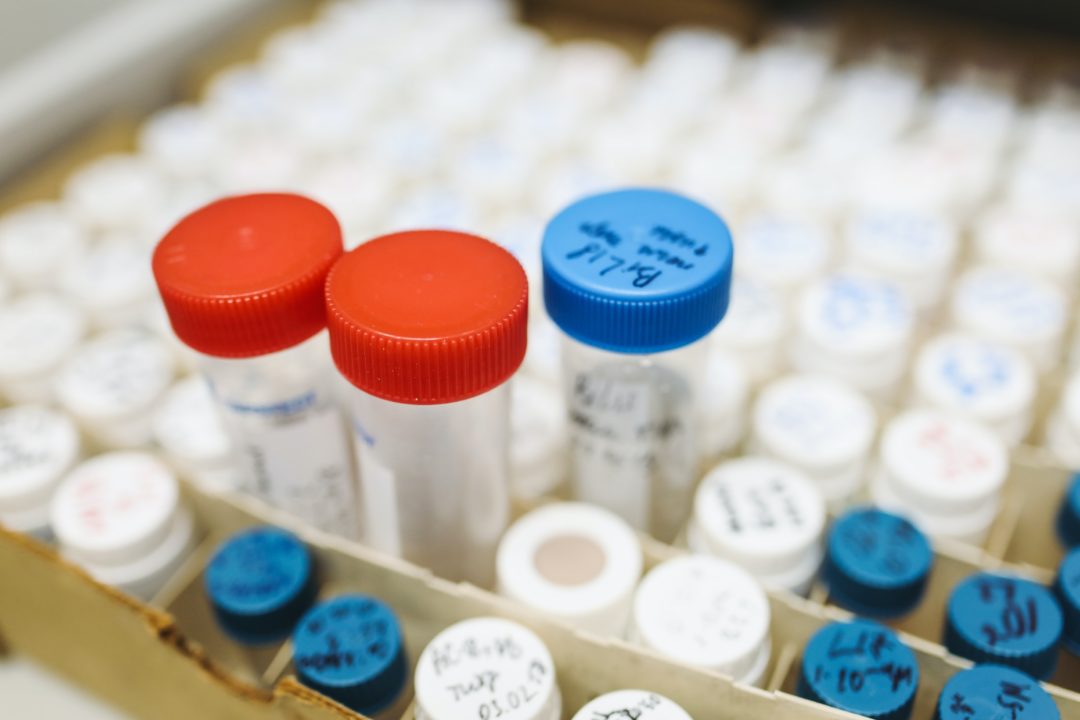The World Anti-Doping Agency (WADA) has imposed an analytical testing restriction (ATR) on the anti-doping laboratory in Havana, Cuba for a period of six months over concerns related to its gas chromatography/combustion/isotope ratio mass spectrometry (GC/C/IRMS) method.
The GC/C/IRMS method is the official test to detect synthetic versions of endogenous steroids, including testosterone.
The restriction came into effect on Nov. 16 after WADA received a recommendation from its Laboratory Expert Advisory Group (LabEAG) on Oct. 27 to impose the ATR due to non-compliances with the International Standard for Laboratories (ISL).
The lab was notified and given the opportunity to respond to the sanction on Nov. 8, and ultimately accepted the ATR on Nov. 14.
The Havana lab will be able to continue carrying out its regular anti-doping activities throughout the sanction, but all samples that require GC/C/IRMS analysis will be securely transported with a demonstrable chain of custody to another WADA-accredited lab for testing.
The Havana lab, located at the Sports Medicine Institute in the Cuban capital, was founded in 2001 and offers services to 12 Latin American nations to help detect the use of performance-enhancing drugs in athletes. It is one of five WADA-approved labs in the Americas.
Labs in both Bucharest (2017) and Stockholm (2018) have received similar sanctions for GC/C/IRMS indiscretions in the past.
